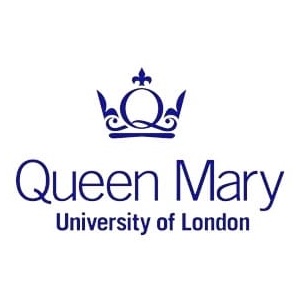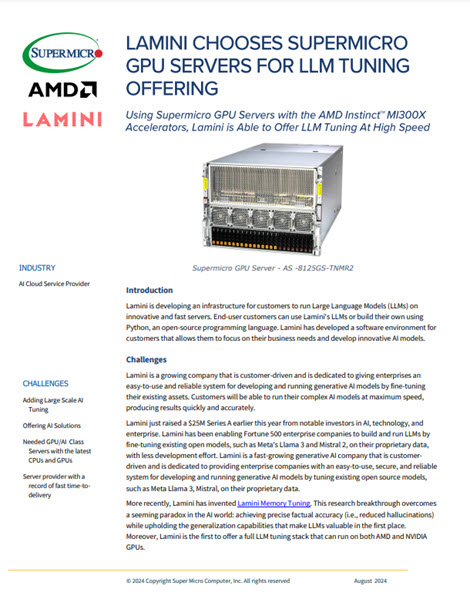 Queen Mary University of London is leading a major new research project, ‘Living with Machines,’ which is set to be one of the biggest and most ambitious humanities and science research initiatives ever to launch in the UK.
Queen Mary University of London is leading a major new research project, ‘Living with Machines,’ which is set to be one of the biggest and most ambitious humanities and science research initiatives ever to launch in the UK.
‘Living with Machines’ is a major five-year inter-disciplinary research project with The Alan Turing Institute and the British Library and has been awarded £9.2 million from the UK Research and Innovation’s Strategic Priorities Fund. It will use artificial intelligence (AI) to analyze historical sources.
Project lead Dr Ruth Ahnert, senior lecturer in Renaissance Studies at Queen Mary said: For me this is more than just a research project. It is also a bold proposal for a new research paradigm. That paradigm is defined by radical collaboration that seeks to close the gap between computational sciences and the arts and humanities by creating a space of shared understanding, practices, and norms of publication and communication. We want to create both a data-driven approach to our cultural past, and a human-focused approach to data science.
The initiative will devise new methods of research that will revolutionize the way historical sources are analysed, and provide vital insight into the debates and discussions taking place in response to today’s digital industrial revolution. The project will use the century following the first Industrial Revolution, and the changes brought about by the advance of technology across all aspects of society during c.1780-1918, as its focus point.
‘Living with Machines’ will see data scientists working with curators, historians, geographers and computational linguists with the goal of devising new methods in data science and artificial intelligence that can be applied to the analysis of historical resources and digitized collections.
Professor Matthew Hilton, professor of Social History and vice-principal for Humanities and Social Sciences at Queen Mary University of London said: “I am delighted that the Faculty of Humanities and Social Sciences at Queen Mary is breaking new ground with one of the biggest and most ambitious research initiatives ever to launch in the UK. ‘Living with Machines’ is an exciting project which will produce new tools and software to analyze digitized collections at scale for the first time.”
‘Living with Machines’ will take a radical approach to collaboration, breaking down barriers between academic traditions, bringing together data scientists and software engineers from The Alan Turing Institute and curators from the British Library. In addition to Queen Mary University of London, other academic partner institutions include the University of Cambridge, University of East Anglia and the University of Exeter.
This story appears here as part of a cross-publishing agreement with Scientific Computing World.



